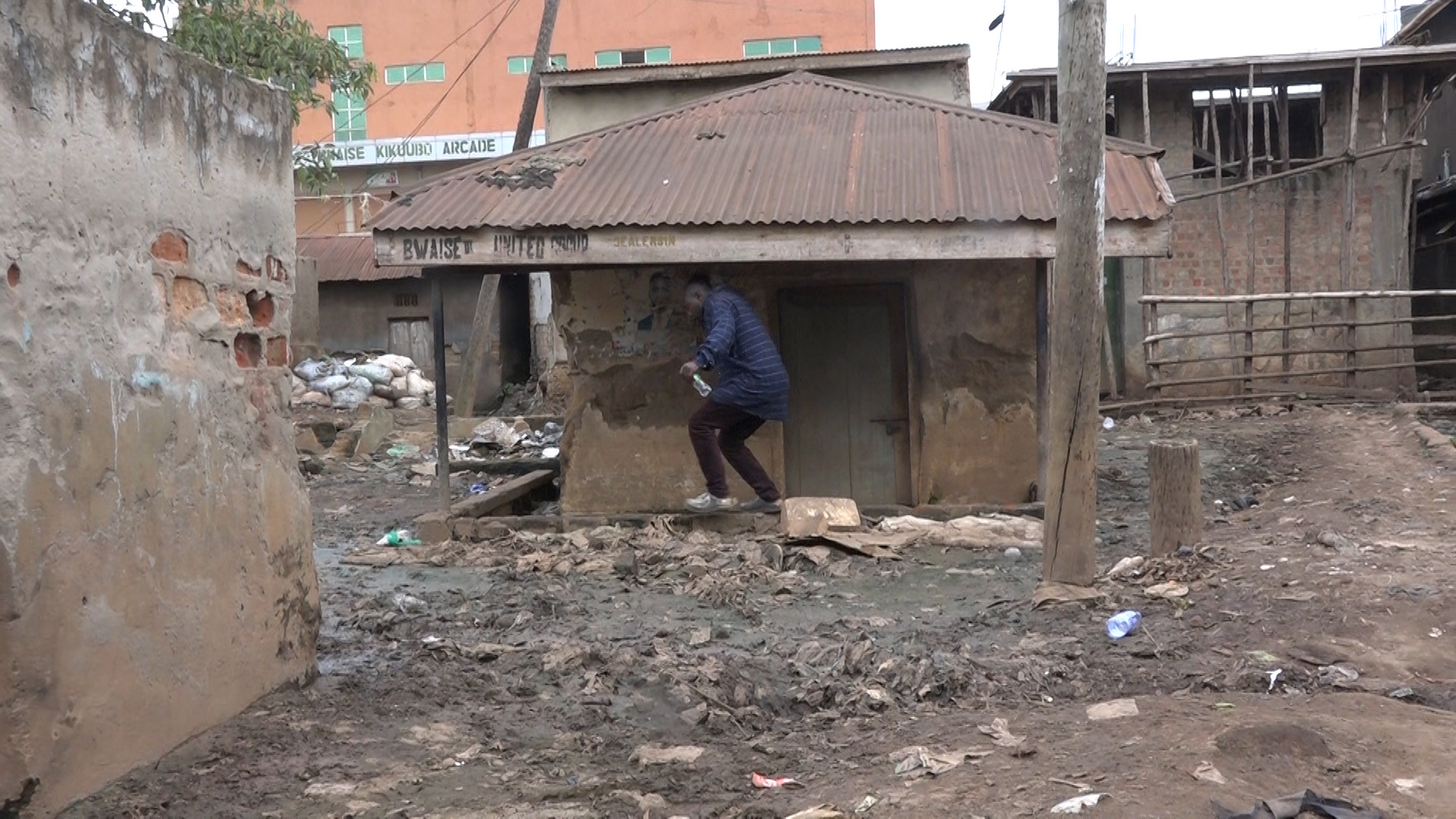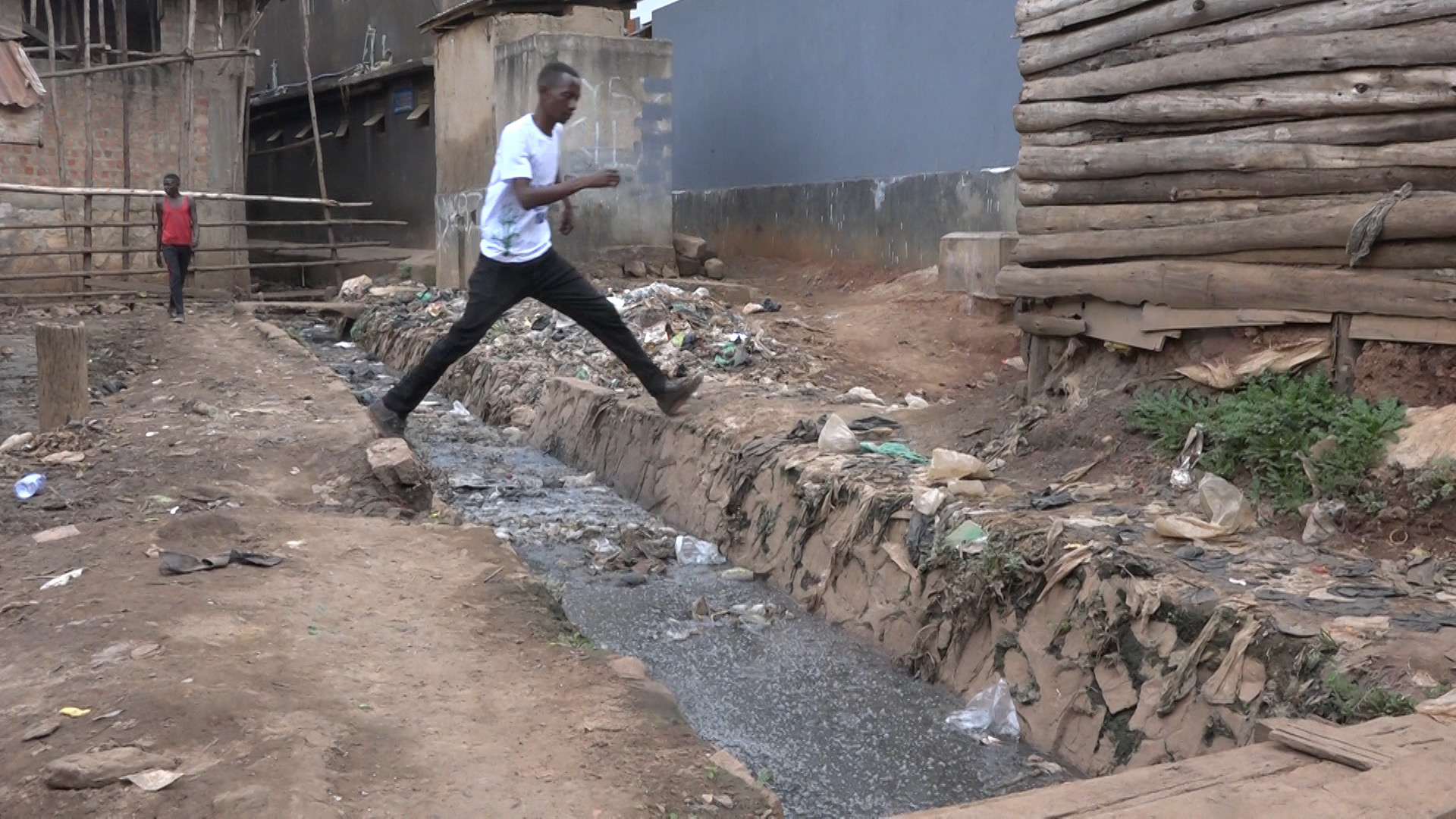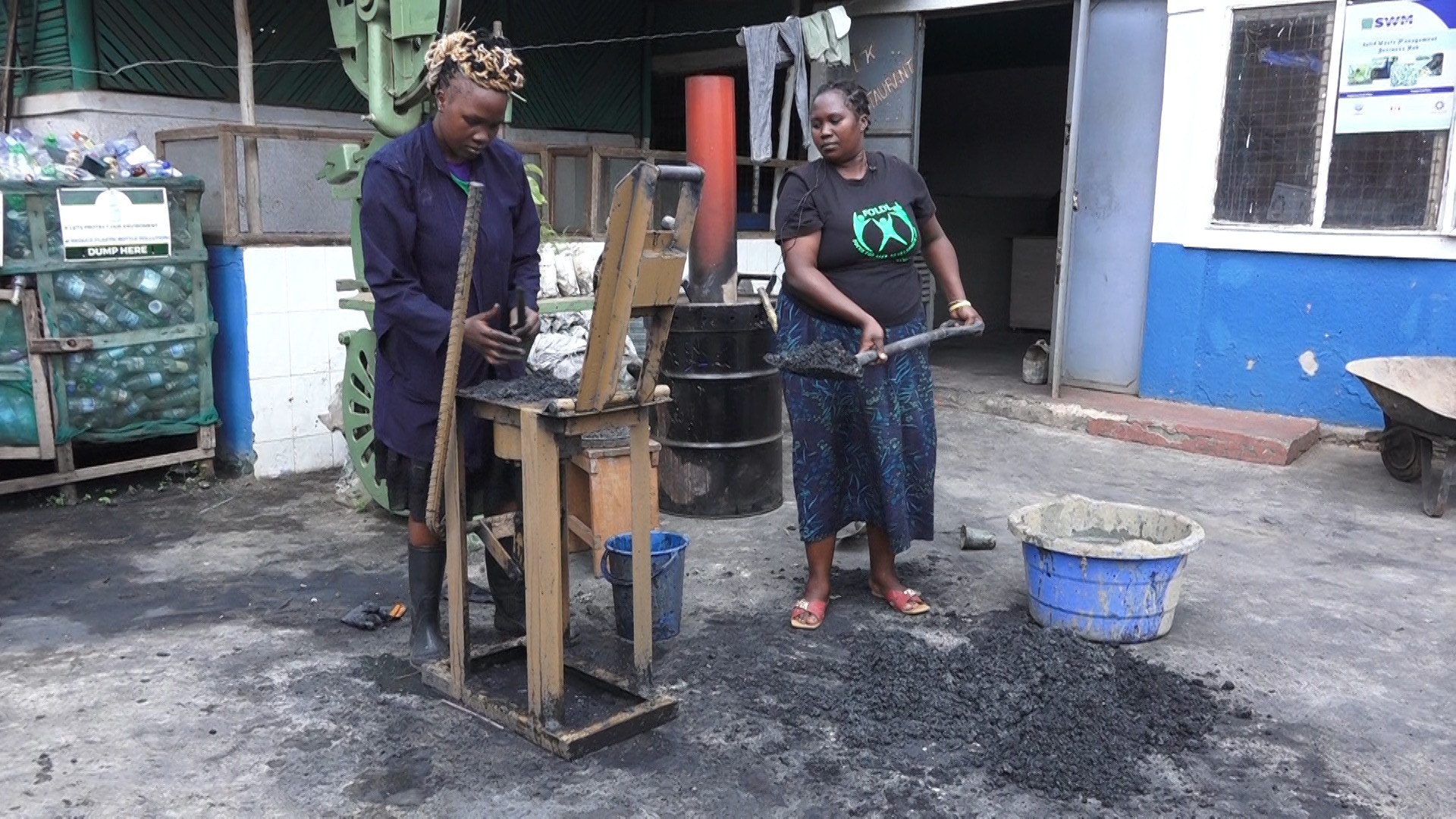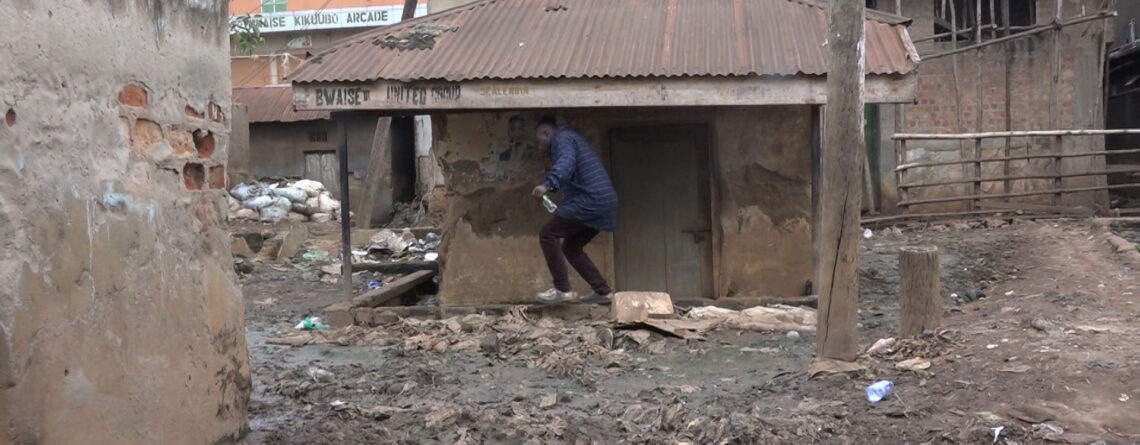Turning Trash into Treasure: The Unsung Heroines of Bwaise

By Culton Scovia Nakamya
Kampala, Uganda
It is 8:00am and Edith Nabasirye’s day has just started. The garbage pits and drainage channels of Bwaise, the second largest slum of Kampala city seem to be her working space.
Gloves and boots on, a mask on her face, she digs into different channels to pick what works for her. At some point she approaches different homes in the area to inquire if they have garbage they need to dispose of.
Plastic bottles, food leftovers, sugarcane among others. She collects all forms of garbage, load it onto a wheelbarrow, which she will later take to the recycling plant to transform into something useful for her community and the environment.

Bwaise is the second largest slum in Kampala. Previously, waterborne diseases such as cholera and diarrhea were common epidemics in the slums. Until 2020, about 11,000 cholera cases were reported in Uganda each year, killing 68–128 people.
Nabasirye, a resident of the Bwaise Bokasa zone, has witnessed the tragic consequences of poor waste management on the health and well-being of her community. Her family suffered two Ebola outbreaks between 2015 and 2019. She has had sleepless nights several times when their house gets submerged with floods. The flooding is primarily due to drainage challenges which is a result of poor waste disposal.

Determined to make a difference, Nabasirye is now a popular face in the slums, collecting rubbish for extensive collection and recycling.
In addition to efforts to improve slum drainage problems like blockage, innovators like Nabasirye have contributed to fundamental changes in the slum in less than three years.
“They call me maama garbage and I’m proud of it. It’s something I love doing because it gives instant results. We suffered a lot due to garbage. People lacked discipline with garbage disposal and the city authority could take weeks to collect it. All of us here have had an experience of cholera due to unhealthy living standards. Our houses used to flood because the drainage channels were blocked by our own garbage. so, we had to band together and do something. Iam glad, we haven’t had a worrying flood in two years.” She narrates.
Nabasirye is one of the women in her umbrella organization Focus for Life Development Link in Bwaise. Their innovative approach not only solves the waste crisis, but addresses environmental concerns and unemployment.
The collected garbage is compressed by being reduced to ash in a hopper. The remaining dust is mixed with other combustible biomass material to make briquettes which are later sold as an alternative to charcoal.

According to the 2021 Uganda National household survey, 7 in every 10 households in Uganda depend on charcoal and firewood as the most available and primary source of energy for cooking.
On the other hand, as a result of deforestation, charcoal has led to severe climatic impacts such as drought.
Esther Namulondo who works with Nabasirye says these briquettes provide an environmental protection measure in the slums and around the city.
“We want to focus our efforts on raising awareness. We want people to stop using coal when cooking and choose green energy. The more we stick to firewood and charcoal the more we cut down our trees and degrade the environment. We are not ready for climatic results of our actions yet we have alternatives” she says
Namulondo says briquette energy is cheap and affordable. At only ugx 1000 Uganda shs, a family can have enough briquettes to prepare a meal a day.
The effect of the efforts of these women is already visible.Once known for its unhygienic living conditions, Bwaise now has cleaner streets, fewer health hazards and a thriving recycling industry that produces briquettes for cooking energy.
The community’s environmental awareness has also increased.
Lydia Mirembe a resident of the same zone has been using briquettes from Nabasirye for the last six months and is happy for the results.
“having used both, I definitely prefer briquettes to charcoal. They are perfect for any long slow meal and even fast foods. Women control the cooking side of the homes, we only need to change their mindset and we are good to go”. Says Mirembe.
As Bwaise continues its transformational journey, Edith Nabasirye and her group demonstrates the power of grassroots initiatives and the potential for sustainable change through an innovative approach to waste management.
Their extraordinary efforts inspire hope and are a great example of what can be achieved when people take action to improve the world around them.
info@herstoryug.org


Comments (3)
Culton Scovia this is a good story. Thank you for such stories
So story is so good and inspirational.
Thumbs up Culton. Continue with the great work.
Thanks Teddy